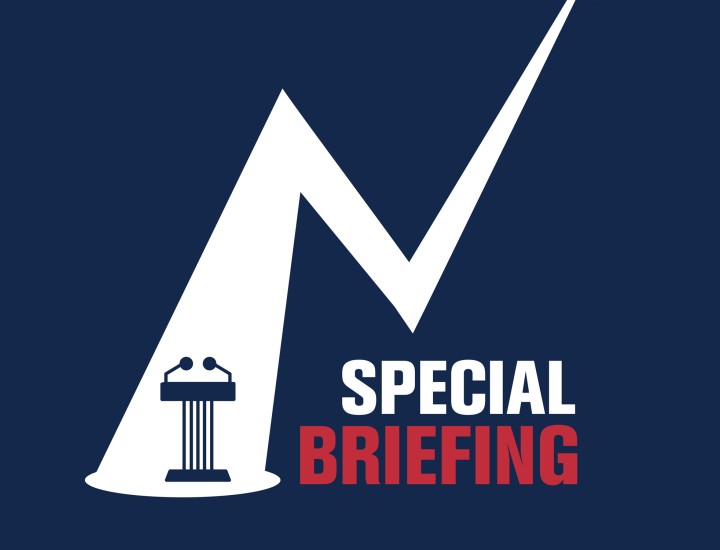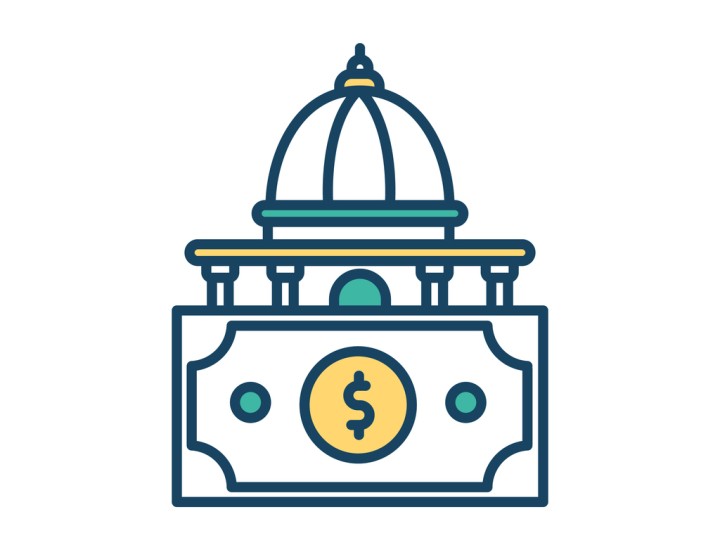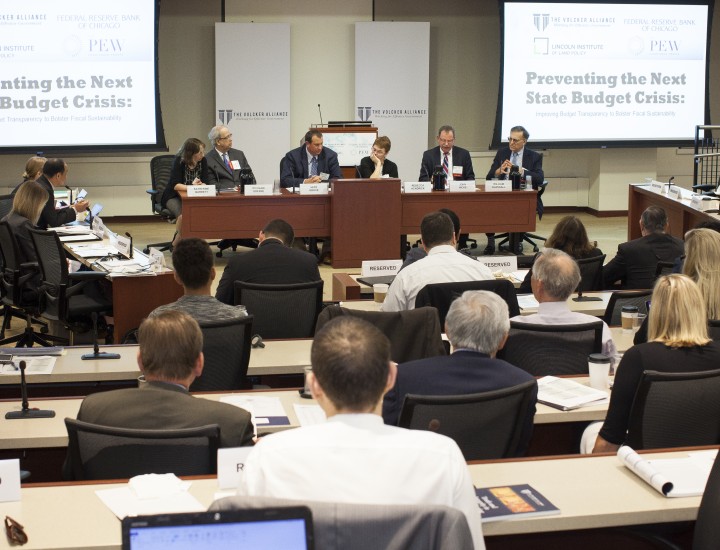What Matters Podcast: Infrastructure

How effective are gasoline taxes? How can governments decide which infrastructure projects to prioritize when technology is changing so rapidly? With the rise of scooters, why invest in a light rail system? What is “deferred infrastructure maintenance,” and why does it matter? In this podcast episode, you’ll learn the answers to all these questions and more.
According to Tracy Gordon, senior fellow at the Urban-Brookings Tax Policy Center, a well-functioning infrastructure system is essential to a high-performing economy. Paying for infrastructure today is paying for tomorrow’s economy, because companies need functional infrastructure systems to deliver their goods and services. Unfortunately, it is hard to excite citizens about deferred infrastructure maintenance and preventative solutions to potential infrastructure problems. On top of that, legislators would often rather push off costs into the future rather than raise taxes. According to William Glasgall, Volcker Alliance senior vice president and director of state and local initiatives, while we don’t know the exact cost of deferred state infrastructure maintenance it probably is $800 million to $1 billion. He notes that Volcker Alliance’s latest State Report Cards show that only four states fully disclose deferred infrastructure maintenance costs: Alaska, California, Hawaii, and Tennessee.
Listen to the podcast to learn more, and read the Volcker Alliance report, Truth and Integrity in State Budgeting: Preventing the Next Fiscal Crisis for more information on the quality of each state’s infrastructure reporting practices.


